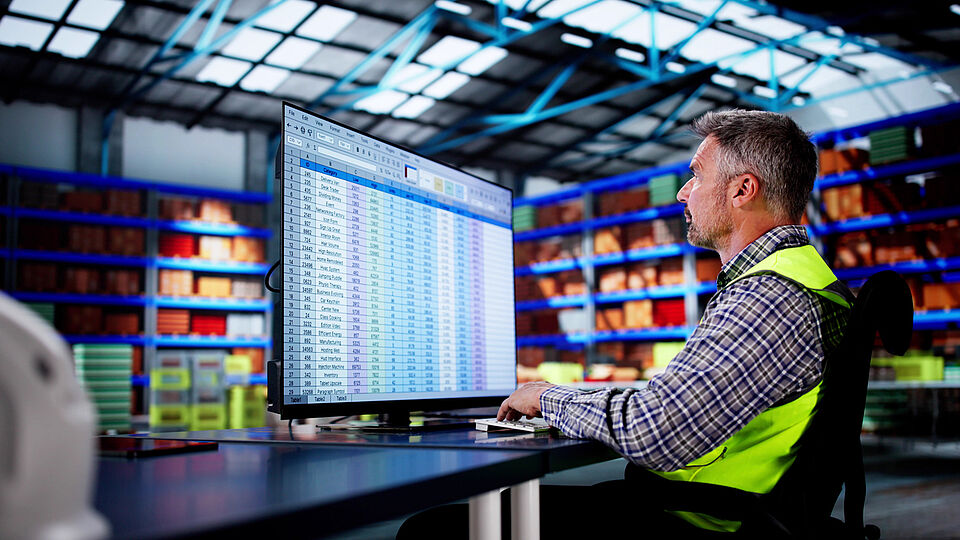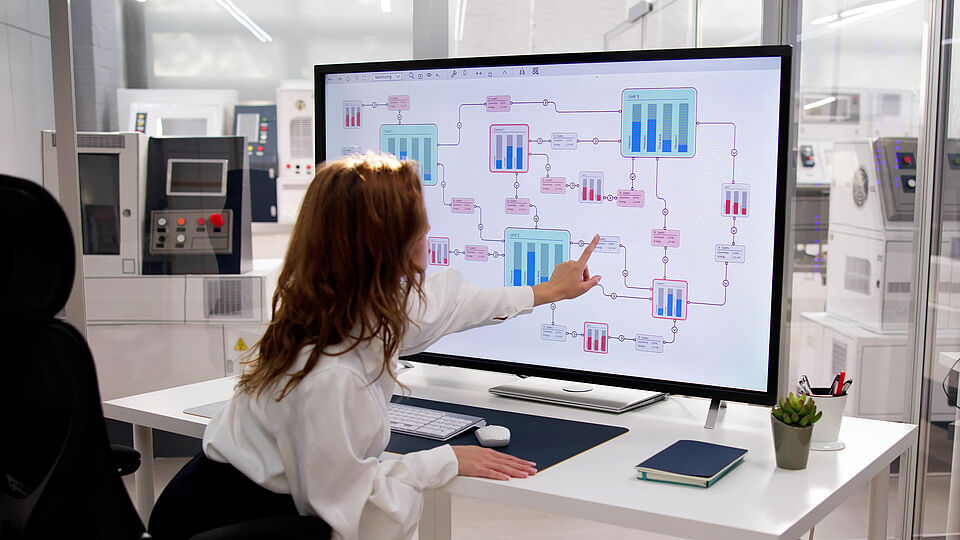The environment for machine and plant engineering companies that supply customers from Europe is and remains challenging. Increasingly, production networks are coming under pressure from high costs and purchase prices. These developments are almost always at the expense of investments, especially since financing is expensive and risky in this situation. In addition, there are challenges such as a shortage of skilled workers, climate protection aspects and the economic decoupling of national economies or entire economic blocks. These include the West's isolation of China and Russia, as well as the expected further strengthening of protectionism in the USA.
In particular, geopolitical upheavals are putting companies under increasing pressure and forcing them to set up (further) local production sites. The international study “Boosting Resilience with Production as a Service” from 2022 shows, for example, that 43 percent of industrial companies worldwide want to produce regionally to make their supply chain (more) resilient. In Germany, 60 percent of respondents could imagine sharing existing facilities within their corporate group or externally. According to the study, the potential in Germany is around 80 billion US dollars.
Production as a Service (PaaS) is therefore on the rise, also in Germany.
Greater flexibility for SMEs with the help of PaaS
In principle, the use of production equipment that does not belong to the company is well known. Above all, models such as Equipment as a Service or leasing are widespread and proven concepts. Service models are also becoming increasingly popular in the field of information technology. For example, the share of cloud and Software as a Service models compared to on-premise models has been increasing for years, even in industrial applications.
PaaS therefore refers to a concept in which digital technologies and a network of manufacturing service providers are used to offer scalable, cost-effective and efficient production solutions.
PSI Software and PaaS
The use of AI in planning or sequencing, in conjunction with the multisite ERP PSIpenta/ERP, ensures that the order mix is processed as optimally as possible.
PSIglobal helps to establish and maintain an efficient, service-optimized, resilient, and sustainable supply chain.
This definition makes PaaS interesting for companies from two perspectives: As a user of external production resources or as a service provider of their own underutilized resources.
The following opportunities, risks and limitations can arise with the service model:
Opportunities
Cost reduction and flexibility
- Companies do not have to invest in expensive machinery or production facilities, which significantly reduces financial risks.
- By decoupling the use of production lines and ownership, expenses for users shift from high fixed costs to variable operating costs.
- SMEs in particular benefit from significantly greater flexibility and improved market access, as they can adapt their production capacities without having to make long-term investments themselves.
New business models and customer groups
- When companies provide their own production capacities as a service, they can tap into new sources of revenue and address new customer groups.
- While users benefit from shared production resources, investors have a new asset class to put their money into.
Sustainability and resource efficiency
- Access to state-of-the-art production facilities promotes the efficient use of resources.
- With the supportive use of technologies such as digital twins and artificial intelligence, production processes can be organized and optimized in the PaaS environment, significantly reducing CO2 emissions.
- Since PaaS affects entire supply chains, it not only approaches a local optimum, but also supports and optimizes an entire production network in implementing a wide range of sustainability goals.
- The regionalization of operations also promotes their sustainability, as reduced transport emissions can facilitate compliance with social and ethical standards.
Risks
High initial investment
- Despite the long-term benefits, PaaS often requires a high initial investment in digital technologies and the necessary infrastructure.
Dependency and loss of control
- By sharing production capacities, companies give up some control over their production processes. This could have a negative impact on strategic independence.
Security risks and data integration
- Since many PaaS models are based on digital infrastructure, the requirements for defending against cyber attacks are increasing. In addition, the integration of systems between different users and providers must function smoothly, which creates additional complexity.
Limits
Limited scalability
- PaaS is not really suitable for sectors in which production requirements vary greatly due to limited scalability.
Legal hurdles
- Competition law aspects may preclude the transfer of knowledge about the products or manufacturing technologies. This may involve products protected by copyright, patents or other knowledge worthy of protection. In this context, copy protection for tangible (machines, tools) or intangible products (software, designs) must also be considered. The VDMA has long supported working groups (e.g. spare parts) on the subject.
Sensitive production
- Highly confidential production processes cannot be mapped using PaaS.
Technological progress paves the way for PaaS
Production as a Service offers significant opportunities in Germany for optimizing and strengthening supply chains and promoting sustainability. Technological developments that can be used to handle complex business models in a transparent and legally compliant manner are a prerequisite for practical use.




